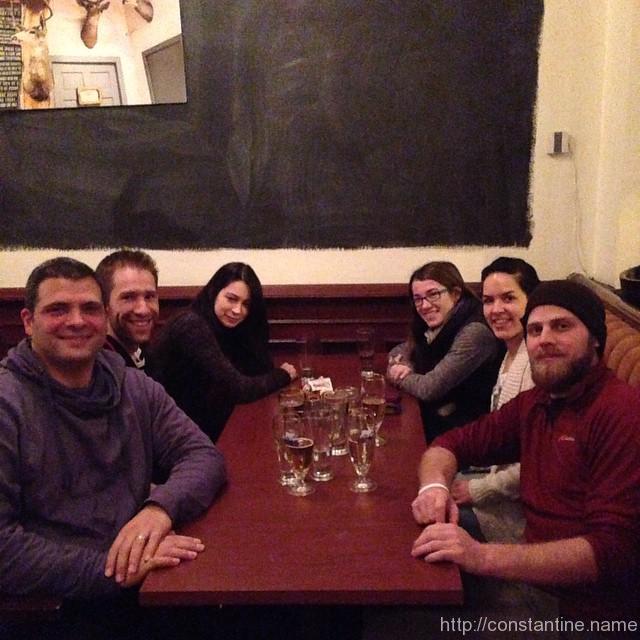You’ll feel much less of a need to control outcomes, which — in a brilliant instance of irony — frees your capacity to control your response, and create an outcome you like. If there is some action you want to take, you can take it with grace and cool-headedness instead of frustration and desperation.
~ David Cain from, How to Make Life Agreeable
This reminds me of my thought about enjoying standing in line at the post office. Not in the sense of, “I’m great, I have this mastered.” Rather in the sense that I recall what it has felt like and I recall the impatience and urge to get away from situations which I had decided were disagreeable.
Obviously I’ve not mastered this; there are still plenty of instances where I judge a situation unworthy and begin my squirming to escape. But, I’m making progress. I’d go so far as to say that I’m getting comfortable sitting in my inability to sit comfortably in situations I’d normally resist.
ɕ

